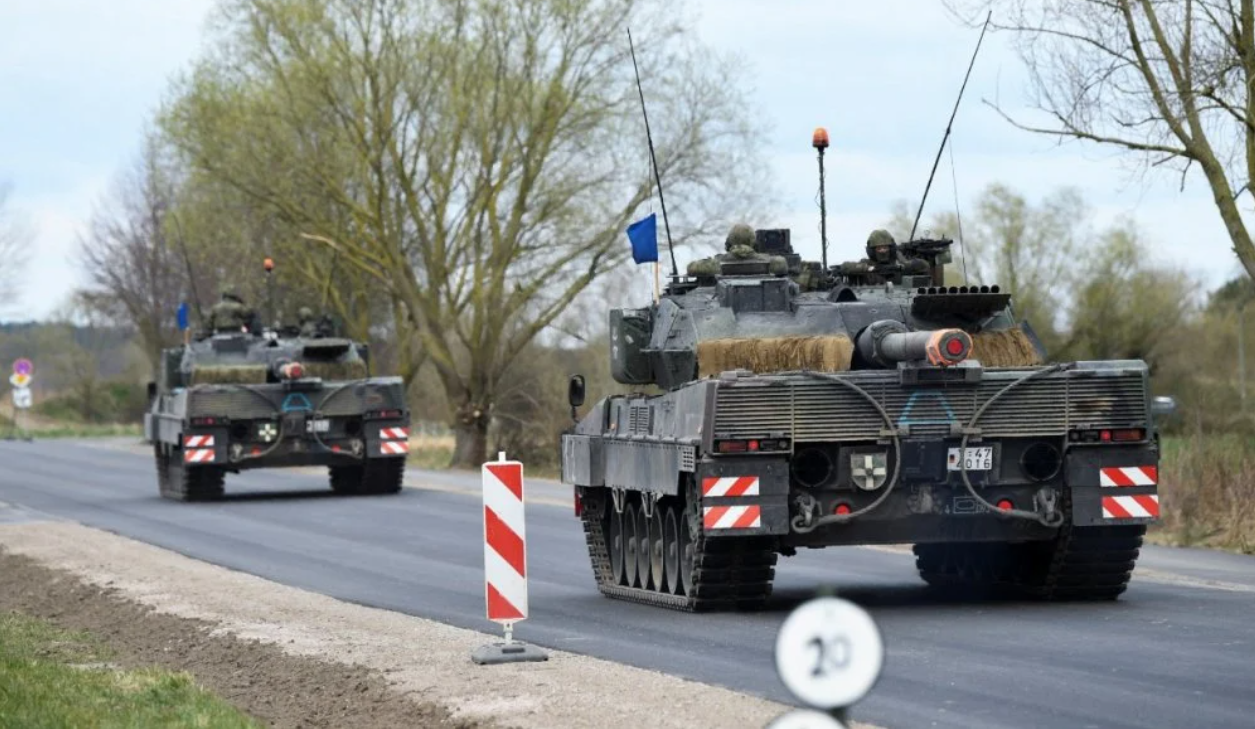According to M.Mai
Last month, the European Council approved an ambitious new Strategic Security and Defense Compass document that charts a new path for the bloc's common foreign and defense policy. Since Russia's invasion of Ukraine, the document has grown from twenty-eight to forty-seven pages and contains many references to the conflict. As the paper states, "the case for a new EU security and defense impulse is compelling: a more hostile environment and broader geopolitical trends require the EU to take more responsibility for its own security."
Contrary to Washington's longstanding concerns about the emergence of a European security competitor, Compass does not argue that the EU should supplant NATO or the United States as the provider of regional security. Instead, he acknowledges that "the strategic partnership with NATO is essential" and that the alliance "remains the backbone of collective defense for its members." Echoing a statement released by the White House following the first meeting between President Joe Biden and President Emmanuel Macron after AUKUS, Compass also calls for EU defense investment to "complement NATO", meaning the EU is seeking to give itself more room to act, including including NATO and the United States.
Accordingly, the list of new remedies described in the document serves two purposes. First, the development of a rapid deployment capability of 5,000 ground, air and naval forces, as well as an increase in operational readiness, are designed to provide the bloc with a more serious force during a possible crisis. Second, the Strategic Compass aims to invest in "strategic enablers" that indirectly help fill gaps in NATO's operational and military infrastructure.
Finally, Compass is trying to remove a long-standing limitation on fast and flexible collective decision-making. It provides that the European Council "will decide on the practical modalities for the implementation of Article 44 of the Treaty on European Union, in accordance with the decision-making of the [Common Security and Defense Policy], in order to enable a group of willing and able Member States to plan and conduct missions or operations." However, Compass also allows for "constructive abstention", which may provide an opt-out option for those EU members that are not interested in pooling their resources for missions unrelated to their security interests.
Read also:
Orban, who won the election, called Brussels, Soros and the President of Ukraine his main opponents
More than 10 million Ukrainians were forced to leave their homes


